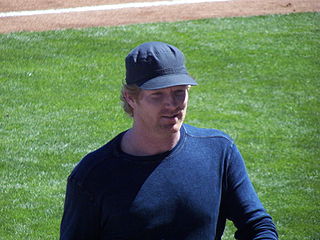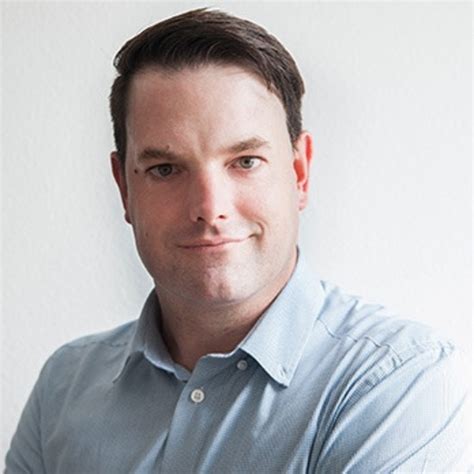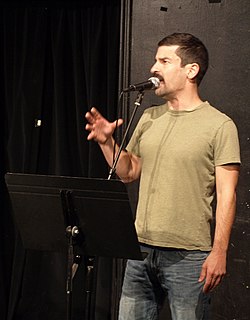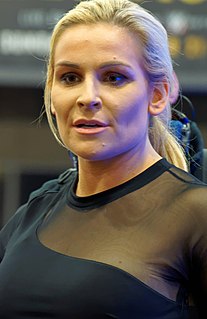A Quote by Jonathon Keats
What we need to do is we need to say, how can - how can we operate independently in terms of putting together these various technologies in order to be able to make the world a better place?
Related Quotes
We need scientists to design new fuels. We need farmers to help grow them. We need engineers to invent new technologies. We need entrepreneurs to sell those technologies. We need workers to operate assembly lines that hum with high-tech, zero-carbon components. We need builders to hammer into place the foundations for a clean energy age. We need diplomats and businessmen and women, and Peace Corps volunteers to help developing nations skip past the dirty phase of development and transition to sustainable sources of energy. In other words, we need you.
We need games like 'A Closed World' for many reasons. When you hear another developer talk about how games need to grow up, they need to tackle adult themes, and how they need to embrace that ability to transport the player into a different world, this is that game that they want other developers to make.
We need a global approach to this from all sides. We need to educate people, we need the scientists to create new technologies, we need the engineers to create the networks, we need every human being to be aware of how precious water is and save it. Everybody has to be involved in a very firm and assertive way.
You need to know that going in, and you also need to be able to write all the time. So when somebody looks at you across the table and says, "What do you think about a movie where Miley Cyrus switches souls with a basset hound?" You need to be able to sit there and figure out how to make that possibly shootable.
I think the private sector for the most part, the vast majority of employers in America, they wake up in the morning, and they have a bottom line. This is how much they make, this is how much their expenses are; they certainly need to break even just to stay in business, and they need to make a profit in order to survive long-term.
How could I have thought that I needed to cure myself in order to fit into the 'real' world? I didn't need curing, and the world didn't, either; the only thing that did need curing was my understanding of my place in it. Without that understanding - without a sense of belonging to the real world - it was impossible to thrive in an imagined one.
I have a small circle of great friends who push me when I need it, tell me when I need to pick up my pace, and who make me want to be better. Sometimes, when I start procrastinating and just need to find that pep in my step, I think of how far I've come and how we can all be role models in our every day lives.
We need to make growth greener, to make our economic and environmental policies more compatible and even mutually-reinforcing. This is not just a matter of new technologies or new sources of renewable, safe energy. It is about how we all behave every day of our lives, what we eat, what we drink, what we recycle, re-use, repair, how we produce and how we consume
Just as bank tellers need a thorough knowledge of legitimate currency in order to spot counterfeit bills, so Christians need a thorough knowledge of the Bible in order to spot bogus religious teachings. How grounded are you in the Scriptures? How deep are your theological roots? How capable are you of detecting false teachings?
































